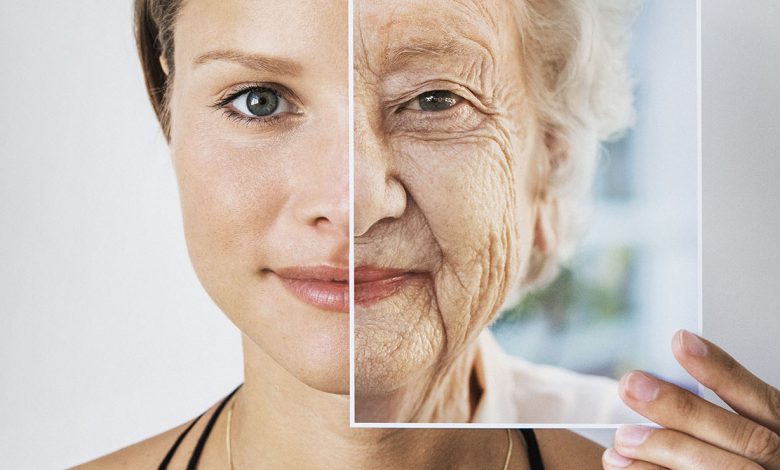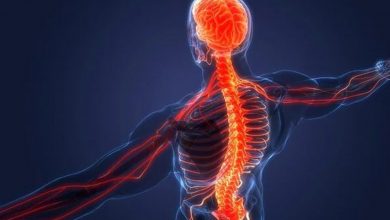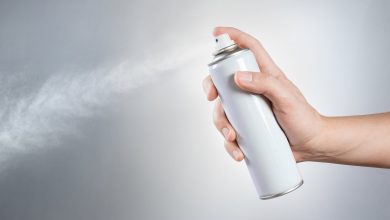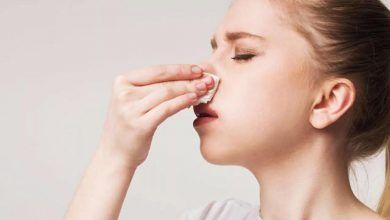Menopause and the Aging Process: Navigating a Natural Transition

Abstract: Menopause, a natural biological process marking the end of a woman’s reproductive years, is a significant milestone in the aging process. This article explores the physiological changes associated with menopause, its impact on various aspects of a woman’s health and well-being, and strategies for managing the challenges and embracing the opportunities that come with this life stage. By examining the science behind menopause and its implications, this article aims to shed light on how women can navigate the aging process with resilience and grace.
Introduction: Menopause is a universal and inevitable phase that women experience as they age. This article delves into the intricacies of menopause and its intersection with the broader aging process. By understanding the physiological, hormonal, and psychological changes that occur during menopause, individuals can approach this natural transition with knowledge and empowerment.
Physiological Changes and Hormonal Shifts:
- Cessation of Menstruation: Menopause is characterized by the permanent cessation of menstrual cycles due to a decline in ovarian function and hormonal changes.
- Hormonal Fluctuations: The decrease in estrogen and progesterone levels during menopause leads to various physical and emotional changes, including hot flashes, mood swings, and changes in bone density.
- Impact on Reproductive Health: Menopause signifies the end of a woman’s ability to conceive naturally, signaling a shift in reproductive capabilities.
Health and Well-Being During Menopause:
- Bone Health: Decreased estrogen levels can lead to reduced bone density, increasing the risk of osteoporosis and fractures.
- Cardiovascular Health: Menopause is associated with changes in lipid profiles and an increased risk of heart disease, making cardiovascular health a crucial consideration.
- Cognitive Function: Some studies suggest a potential link between menopause and cognitive changes, including memory and concentration.
Coping Strategies and Lifestyle Approaches:
- Healthy Diet: A balanced diet rich in calcium, vitamin D, and other nutrients supports bone health and overall well-being.
- Regular Exercise: Engaging in weight-bearing exercises and cardiovascular activities contributes to bone strength, cardiovascular health, and mental well-being.
- Mindfulness and Stress Management: Practicing mindfulness, meditation, and stress-reduction techniques can alleviate emotional and psychological challenges during menopause.
- Medical Interventions: Hormone replacement therapy (HRT) and other medical interventions can help manage menopausal symptoms and reduce associated health risks.
Embracing the Aging Process:
- Positive Mindset: Adopting a positive attitude toward aging and menopause can enhance overall well-being and mental health.
- Self-Care: Prioritizing self-care, maintaining social connections, and pursuing hobbies contribute to a fulfilling and rewarding life during and after menopause.
Menopause is an inevitable part of a woman’s aging journey, marked by unique physiological changes and potential health challenges. By understanding the scientific underpinnings of menopause and its broader implications, individuals can proactively embrace this transition with informed decision-making and a focus on holistic well-being. With the right strategies, support, and mindset, women can navigate menopause and the aging process with grace, resilience, and a commitment to living a vibrant and fulfilling life.
Age-Defying Secrets: Strategies for Maintaining Youthfulness
Abstract: Maintaining a youthful and vibrant outlook on life is a goal shared by many as they navigate the aging process. This article delves into a range of practical strategies, from physical well-being and mental health to lifestyle choices and social interactions, that contribute to defying the effects of time. By exploring the science behind aging and offering actionable insights, this article provides a roadmap for individuals seeking to maintain their youthful vitality and zest for life.
Introduction: As the years go by, the desire to preserve youthful vigor becomes increasingly pronounced. This article explores the multifaceted approach to staying youthful, encompassing physical, mental, and emotional well-being. By examining the interplay of genetics, lifestyle, and self-care, this article offers a comprehensive guide to defying the march of time.
Physical Well-Being:
- Regular Exercise: Engaging in a mix of cardiovascular, strength training, and flexibility exercises helps maintain muscle mass, bone density, and overall physical vitality.
- Balanced Diet: A diet rich in fruits, vegetables, whole grains, and lean proteins provides essential nutrients that promote skin health, organ function, and overall longevity.
- Adequate Sleep: Prioritizing quality sleep supports cellular repair, cognitive function, and emotional resilience.
Mental and Emotional Health:
- Cognitive Engagement: Continued learning, puzzles, and mental challenges stimulate brain function and help prevent cognitive decline.
- Stress Management: Practicing relaxation techniques, meditation, and mindfulness reduces stress hormones and supports emotional well-being.
- Social Connections: Maintaining strong social ties and engaging in meaningful interactions promote mental agility and emotional fulfillment.
Lifestyle Choices:
- Sun Protection: Shielding the skin from harmful UV rays with sunscreen and protective clothing prevents premature aging and reduces the risk of skin cancer.
- Hydration: Staying hydrated maintains skin elasticity, organ function, and overall vitality.
- Limiting Toxins: Reducing exposure to environmental toxins, such as smoking and excessive alcohol consumption, supports internal and external well-being.
Positive Outlook and Mindset:
- Gratitude and Optimism: Cultivating a positive perspective and practicing gratitude contribute to emotional resilience and a youthful mindset.
- Embracing Change: Embracing life transitions with adaptability and a growth-oriented mindset enhances overall well-being.
Genetics and Aging:
- Understanding Genetic Influence: While genetics play a role in aging, lifestyle choices can significantly influence how genes are expressed.
- Epigenetics: Lifestyle factors such as diet, exercise, and stress management can impact gene expression, potentially slowing down the aging process.
Staying youthful is a holistic endeavor that encompasses physical well-being, mental agility, and emotional resilience. By adopting a comprehensive approach that combines regular exercise, a balanced diet, positive relationships, and a growth-oriented mindset, individuals can defy the effects of time and continue to embrace life’s joys and challenges with youthful enthusiasm. While aging is an inevitable part of life, the choices we make and the strategies we implement can significantly impact the quality and vibrancy of our journey.
















